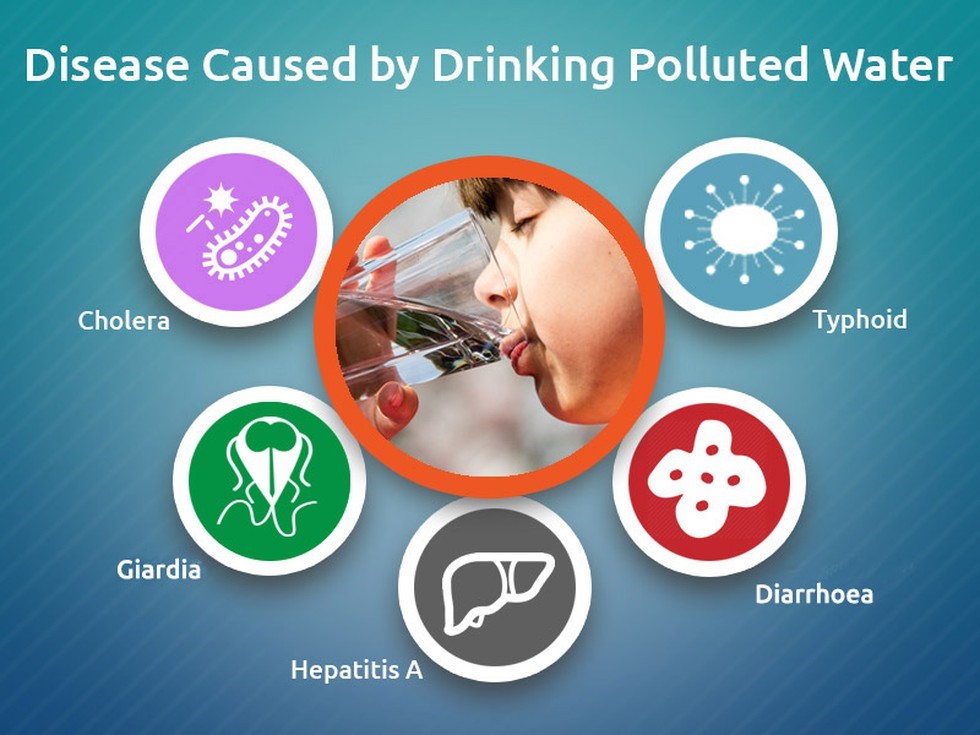Climate change, an overarching term that refers to long-term shifts and alterations in temperature and weather patterns, is one of the most pressing issues of our time. Its ramifications extend beyond environmental degradation, penetrating deeply into the fabric of public health. As temperatures rise, weather patterns become increasingly erratic, and sea levels continue to climb, the implications for public health are profound and multifaceted. This article delves into the myriad ways climate change is influencing public health, highlighting the urgent need for comprehensive strategies to mitigate its impact.
Rising Temperatures and Heat-Related Illnesses
One of the most direct effects of climate change on public health is the increase in temperature-related illnesses. As global temperatures rise, heatwaves are becoming more frequent, intense, and prolonged. This escalation poses a significant threat to human health, particularly for vulnerable populations such as the elderly, children, and those with pre-existing health conditions.
Heat-related illnesses, including heat exhaustion and heat stroke, are becoming more common. The human body can only withstand a narrow range of internal temperatures, and prolonged exposure to extreme heat can disrupt its ability to regulate temperature, leading to potentially fatal outcomes. Moreover, higher temperatures exacerbate chronic conditions such as cardiovascular and respiratory diseases, increasing morbidity and mortality rates.
Air Quality and Respiratory Issues
Climate change also significantly affects air quality, with dire consequences for respiratory health. Rising temperatures contribute to the formation of ground-level ozone, a key component of smog. Ozone is a potent respiratory irritant that can exacerbate conditions like asthma, bronchitis, and other chronic respiratory diseases. Additionally, increased levels of carbon dioxide and other greenhouse gases contribute to the proliferation of airborne allergens, such as pollen, further aggravating respiratory issues.
Moreover, the frequency and intensity of wildfires have surged due to climate change, leading to widespread air pollution. The smoke from these fires contains fine particulate matter (PM2.5), which can penetrate deep into the lungs and bloodstream, causing severe respiratory and cardiovascular problems.
Vector-Borne Diseases
The shifting climate also influences the distribution and prevalence of vector-borne diseases. Warmer temperatures and altered precipitation patterns create more favorable conditions for vectors such as mosquitoes and ticks, which transmit diseases like malaria, dengue fever, Zika virus, and Lyme disease.
For instance, the geographic range of the Aedes mosquito, responsible for transmitting dengue and Zika, is expanding due to rising temperatures. This expansion increases the risk of these diseases in regions previously unaffected. Similarly, warmer winters and earlier springs facilitate the proliferation of ticks, leading to a rise in Lyme disease cases.

Water-Borne Diseases and Food Safety
Climate change impacts water quality and availability, posing significant risks to public health. Increased temperatures and altered precipitation patterns can lead to the contamination of water sources, fostering the spread of water-borne diseases such as cholera, dysentery, and giardiasis. Flooding, a consequence of extreme weather events, can overwhelm sewage systems and contaminate drinking water supplies, exacerbating the spread of these diseases.
Additionally, climate change affects food safety and security. Extreme weather events, such as droughts and floods, can disrupt agricultural production, leading to food shortages and malnutrition. Higher temperatures also facilitate the growth of foodborne pathogens, increasing the risk of foodborne illnesses.
Mental Health Impacts
The psychological and mental health impacts of climate change are often overlooked but are equally significant. The trauma and stress associated with extreme weather events, such as hurricanes, floods, and wildfires, can lead to mental health issues, including anxiety, depression, and post-traumatic stress disorder (PTSD). Moreover, the chronic stress of living in a changing climate, with its associated economic and social disruptions, can exacerbate mental health problems.
Vulnerable Populations
While climate change affects everyone, certain populations are more vulnerable to its health impacts. These include low-income communities, indigenous populations, the elderly, children, and those with pre-existing health conditions. Low-income communities often lack the resources to adapt to climate-related health risks, such as air conditioning during heatwaves or access to clean water during floods. Indigenous populations, who often rely on natural resources for their livelihoods, are particularly vulnerable to the impacts of climate change on their environment and health.
Mitigation and Adaptation Strategies
Addressing the public health impacts of climate change requires a multifaceted approach that includes both mitigation and adaptation strategies. Mitigation efforts aim to reduce greenhouse gas emissions and limit global warming, while adaptation strategies focus on enhancing the resilience of communities and health systems to the impacts of climate change.
Mitigation strategies include transitioning to renewable energy sources, improving energy efficiency, and implementing policies to reduce carbon emissions. These efforts not only help to curb climate change but also improve air quality, thereby reducing respiratory health issues.
Adaptation strategies involve strengthening public health infrastructure, improving disease surveillance and early warning systems, and enhancing community resilience to extreme weather events. For instance, creating heat action plans, improving urban planning to reduce heat islands, and ensuring access to clean water and sanitation are crucial steps in protecting public health.
Conclusion
The intersection of climate change and public health is a critical area of concern that demands immediate and sustained action. The health impacts of climate change are diverse and far-reaching, affecting every aspect of human health, from physical to mental well-being. By understanding these impacts and implementing comprehensive mitigation and adaptation strategies, we can protect public health and build more resilient communities in the face of a changing climate.
Public health professionals, policymakers, and communities must work together to address the health challenges posed by climate change. This collaborative effort is essential to safeguard the health of current and future generations and to ensure a sustainable and healthy future for all.










